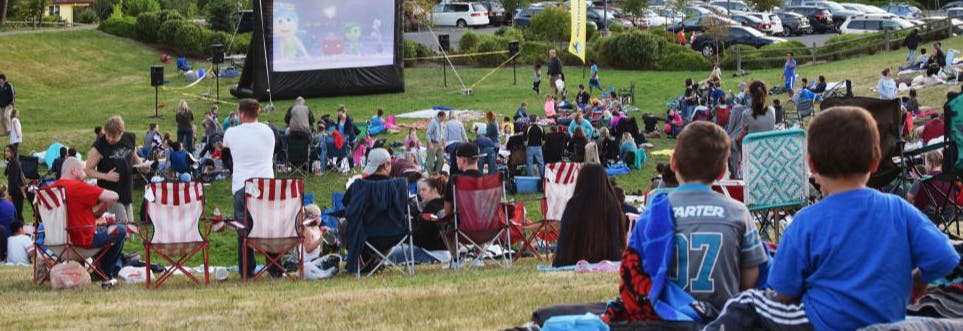FAQs
- Evaluate the Hub locations identified in 2018 and 2019
How have these locations changed particularly since the COVID-19 pandemic? Do these locations and the Hub types still make sense today? Do they support the types of development needed to create a Hub? - Explore Economic Development programs
What tools, such as grant and loan programs, could support new and existing businesses and residents? What are ways to stabilize existing businesses and neighborhoods to minimize risks of gentrification and displacement? - Review and refine the Development Code
What inconsistencies, conflicts, and obstacles exist in the Development Code to hinder Hubs development? What changes should be made to the Development Code to make it simpler and easier for Hubs to develop?
What will the project do?
The Neighborhood Hubs project combines planning, placemaking, and economic development programs to increase access to goods and services in residential areas. The Neighborhood Hubs project will result in program and policy changes that will make it easier for Neighborhood Hubs to become a reality in the near and long-term future. The project is exploring a variety of tools that will help develop Hubs at various stages of growth while allowing a path for new Hubs to emerge. More specifically, the project will:
Where are Hubs located? How were they identified?
 In 2018 and 2019, 13 Hub locations were identified across the city, with at least one Hub identified in each of Milwaukie’s neighborhoods (excluding Historic Milwaukie which already functions as a developed Hub). Hub locations were decided through direct engagement with more than 400 residents, including 15+ Neighborhood District Association meetings, community events, and a community-wide survey that expressed strong support for Hub locations and concepts. Some hubs are established areas of commercial activity, while others are vacant sites with the potential for future development.
In 2018 and 2019, 13 Hub locations were identified across the city, with at least one Hub identified in each of Milwaukie’s neighborhoods (excluding Historic Milwaukie which already functions as a developed Hub). Hub locations were decided through direct engagement with more than 400 residents, including 15+ Neighborhood District Association meetings, community events, and a community-wide survey that expressed strong support for Hub locations and concepts. Some hubs are established areas of commercial activity, while others are vacant sites with the potential for future development.
The Hub locations will be refined in this project. Milwaukie has grown and changed since 2017 and the COVID-19 pandemic has changed how and where people work, live, and gather in unpredictable ways. This project will revisit the 13 identified Hub locations; and based on community feedback and current development trends and conditions, the project team will evaluate whether these locations should be modified.
Why is this project happening now? Why does the city need your feedback?
Neighborhood Hubs are a critical component of the city’s Comprehensive Plan implementation process; and with the conclusion of Middle Housing code updates, the Hubs project is a high priority project for the City. Outreach in 2018 and 2019 helped the city better understand the economic conditions in the Hubs, the growth potential of each Hub, and the community support for the Hubs project.
This next phase of the Hubs project is to create an action plan to evaluate and implement potential zoning changes, economic development initiatives, and placemaking programs that will help Hubs grow to meet community needs. Public engagement will help the city to better understand community support and concerns for potential strategies and refine the community vision for Hubs that has been developing since 2017. This phase of engagement will focus on identifying the needs of property owners, businesses, and underrepresented communities as they relate to the growth and development of Hubs.
How will your feedback influence the decisions? How can you get involved?
Community feedback will help the City design and prioritize the strategies we use for Hub development while also helping the City understand which Hubs might be ready for significant growth in the short-term and which Hubs may not see growth in the near future.
Follow this project by entering your email in the box that says "Stay Informed" either to the right or below to get project updates! We will be posting updates and additional project information on this page as the project progresses.
We will also be announcing opportunities to share your feedback and participate in public engagement events, such as online and in-person Public Workshops and surveys. You can also attend Neighborhood District Association meetings, email staff directly with questions/comments, and testify at future City Council and Planning Commission meetings for the project.

